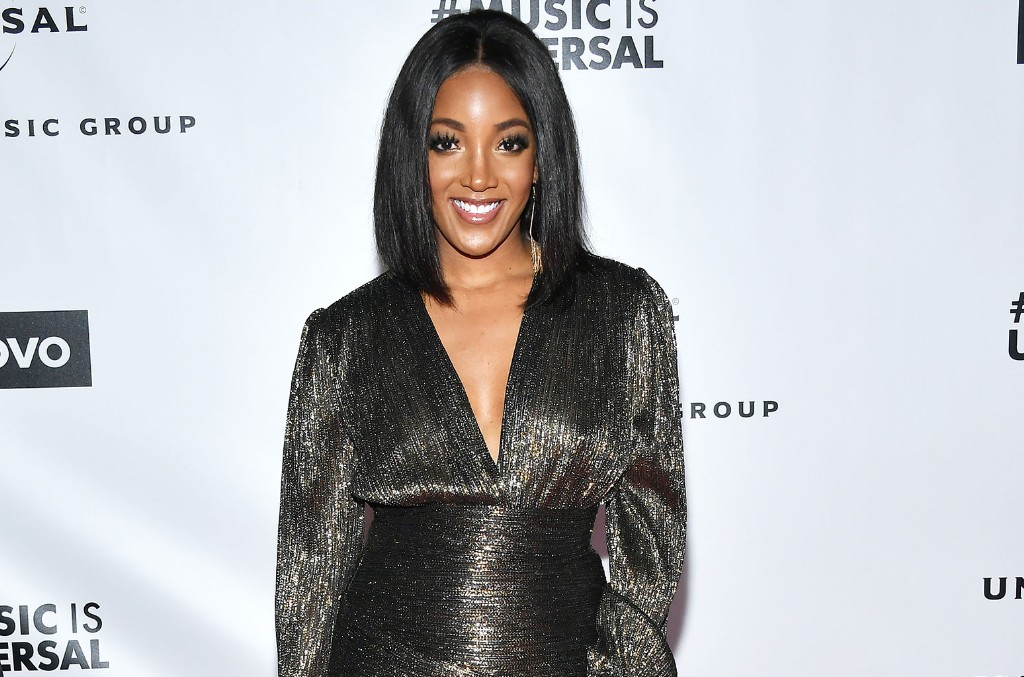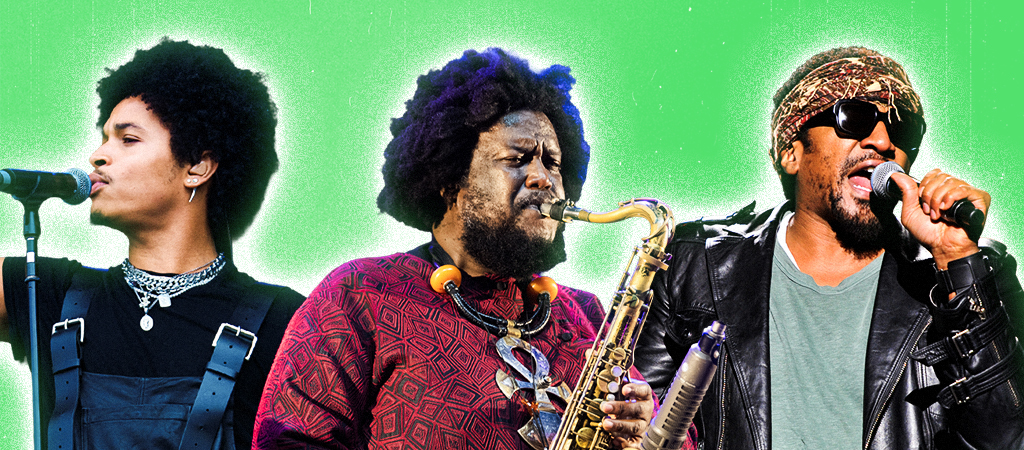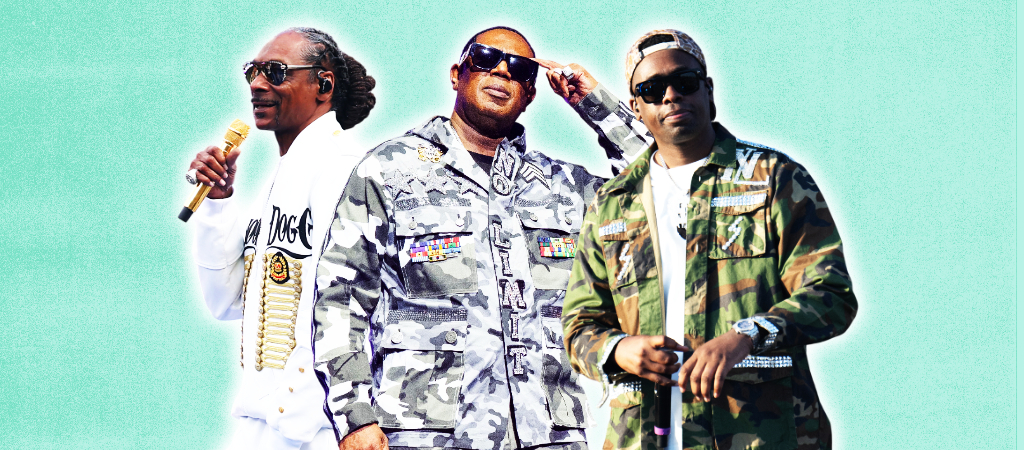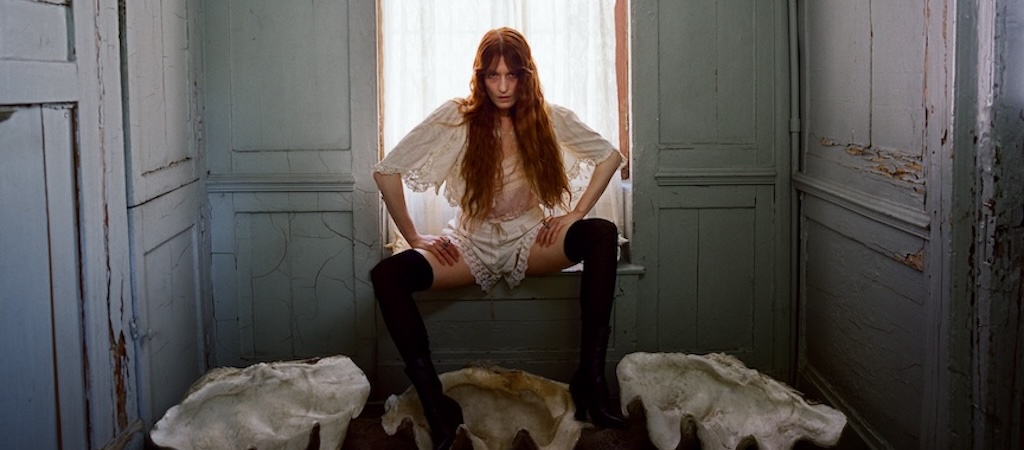Black lives matter.
As Americans rallied on June 19 from Boston to Oakland, Calif., the date symbolized a dramatic change of awareness. Many white adults had not previously heard of Juneteenth, which marks the anniversary of the last slaves discovering they had been freed, yet scores of Caucasians participated in the demonstrations, awakened to racial inequality by a recent series of murders of Black citizens, primarily the May 25 killing of George Floyd in Minneapolis while in police custody.
Count the predominantly white country music industry among the sensitized. Over 700 people tuned in for the first of two Zoom panels, “A Conversation on Being African-American in the Nashville Music Industry,” as the business observed Blackout Tuesday on June 2. Numerous companies took Juneteenth off to focus on inequality and to stand in solidarity with Black fellow citizens. Capitol Nashville released Mickey Guyton‘s illuminating “Black Like Me” to radio via PlayMPE on June 5, RCA Nashville issued Kane Brown‘s unifying “Worldwide Beautiful” on June 3, and Wheelhouse unveiled a remix of Granger Smith‘s “That’s Why I Love Dirt Roads” — featuring Black Christian rapper Lathan Warlick — on June 4.
The Smith/Warlick collaboration was particularly significant. Neither artist was aware of the other until Smith’s wife, Amber, discovered Warlick online, setting off a chain of events that organically brought the two together.
“I told him how little I knew about his genre, and he told me how little he knew about mine, which really made it special to me,” says Smith.
That pairing is one of four biracial tracks being worked that feature a country artist from Wheelhouse’s parent company, BBR Music Group. The company also has two Blanco Brown recordings with white acts — one blended with Parmalee on the inclusive “Just the Way” and one with EDM artist Diplo on the pop/dance track “Do Si Do” — plus a Jimmie Allen duet with pop singer Noah Cyrus, “This Is Us.”
All of those cuts had been completed before national events in the last month turned a spotlight on racial tension, in part because the label already was focused on the problem. BBR executive vp Jon Loba had noticed the successful pairings of Tim McGraw and Nelly on “Over and Over” and Jason Aldean and Ludacris on “Dirt Road Anthem.” So when he took BBR’s top label job when BMG acquired the company in 2017, Loba felt strongly that the Nashville division should have its own Black artists. Allen, who lived out of his car for several months when he first moved to Nashville, naturally caught Loba’s attention.
“As soon as I heard Jimmie’s music, I lost my mind,” says Loba. “I went and saw him perform [and] lost my mind further. And then when I heard his story, it’s like, ‘This is what I want to say as my first official signing under the BMG label.’ I wanted to say, ‘Things are different.'”
They certainly have improved. Following harmonica player Deford Bailey‘s introduction via the Grand Ole Opry in the 1920s, country waited another 40 years before Charley Pride emerged as its first hit-making Black singer. Another African-American artist didn’t achieve mainstream success in the genre until Darius Rucker stepped out from Hootie & The Blowfish as a solo artist in 2008. Since then, Allen, Kane Brown and Blanco Brown all have notched legitimate hits on the Country Airplay or Hot Country Songs charts, while Billy Ray Cyrus‘ pairing with Lil Nas X on “Old Town Road” became a 2019 signature and a Country Music Association Award-winner.
But things are still not equal. The country business has only a handful of Black executives, likely a function of long-standing separatism, established when the then-fledgling record industry targeted poorer demographics by marketing “hillbilly” music to rural whites and “race records” to Blacks. Those distinctions became self-perpetuating cycles, particularly for Black professionals who might not expect to be welcome on Music Row.
“If they don’t see themselves, why would they want to work there?” asks Guyton rhetorically. “I think if more applied, they would get jobs here.”
Efforts are being made to level the proverbial playing field. BMG has mandated a diversity program, and Loba predicts an increase in minority hires in Nashville’s business over the next three years. “There will be mechanisms in place to fix that,” he says. “I think the country community’s really good about doing the right thing, and I think there will be focus there now.”
The synergy is already there at Sony Music Nashville. RCA Inspiration senior vp/GM Phil Thornton — while speaking on a June 17 Zoom panel, “The Sounds of Social Justice,” presented by Music Biz — noted enthusiastically that SMN president/CEO Randy Goodman sought his involvement for an upcoming event involving an unspecified TV network. Thornton appreciated “being a part of that conversation and not being limited to just, ‘You can only do gospel’ — They’re like, ‘No, come into country music. You have valuable input,’ ” he said. “To see that input now being implemented, it’s inspiring. It’s encouraging.”
Corporate initiatives and increased sensitivity may not be the only reason country sees more racial overlap in the future. The National Museum of African-American Music is set to open this fall across the street from the historic Ryman Auditorium, and the venue aims to be a bridge between the R&B community and other sectors, including the city of Nashville, Music Row and the American music business in general.
“Our job is social change. Our job is to communicate to the community. Our job is to tell stories in ways other than producing records and putting out music,” said NMAAM president/CEO H. Beecher Hicks III in the Music Biz panel. “What we’re doing right now is trying to figure out how we build that bridge, what it looks like and how we can be the best partner.”
The most important aspect in building that bridge might simply be making the connection. Racism is ingrained in the American psyche through decades of marketing, law-making and cultural stereotypes. Its presence was reinforced on June 21 when a noose was found in the garage of Bubba Wallace, NASCAR’s lone black driver, in Talladega, Ala. And yet when Blanco Brown broke one of those stereotypes, as a black fan attending country shows before he signed his BBR deal, he never felt threatened or out of place.
“I remember going to Sam Hunt concerts and Luke Combs concerts, and when I walked in the crowd, I just felt comfortable to the point that I forgot about the fact that there was hatred in the world,” he says. “I didn’t have to think like that.”
Following the rash of recent racially charged murders — of Ahmad Arbery in Glynn County, Ga.; of Breonna Taylor in Louisville, Ky.; and of Rayshard Brooks in Atlanta — a June Pew Research Center poll showed that two-thirds of Americans support the Black Lives Matter movement. A bundle of acts — including Lady A, Maren Morris and Thomas Rhett — have voiced their support, though Guyton would like to see more chime in.
“I’ve been really trying to push for country artists to openly state that they support Black lives,” she says. “It is so important for people to know that racism is not accepted in country music.”
Still, nothing makes that statement more obviously than hiring a Black executive, signing a Black artist or collaborating with one, as Smith demonstrated with the “Dirt Roads” remix.
“To be an activist in my way, I just want to show love,” he says. “I want to show that we are all inclusive, that me and Lathan can love each other as brothers, that we could share in creativity, and we could share in emotion. We could share in the deepest levels of humanity because we’re both human beings.”
This article first appeared in the weekly Billboard Country Update newsletter. Click here to subscribe for free.



